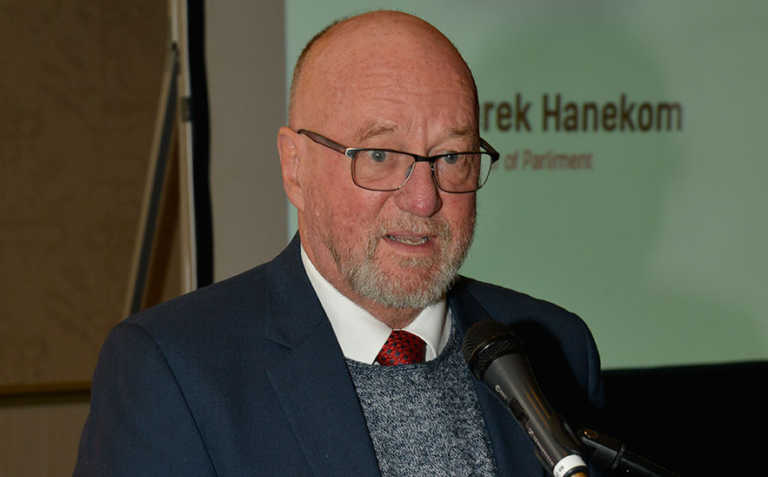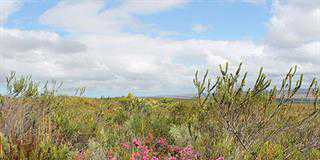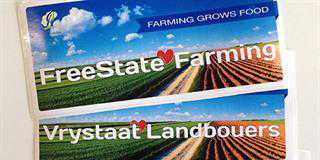
“The fact that people are title deed owners does not necessarily mean they are more secure. It is more complicated than that. Some say people are more secure under customary tenure systems as banks can’t squeeze them out [if production fails],” he said.
Tenure reform was, however, vital, but could preclude title deed ownership, he said and stressed that new legislation should also be introduced to give rights to those producing on the land.
However, emerging producer should not wait for tenure reform before boosting production on their land, Hanekom said.
Simple measures could be introduced to ensure increased production and food security, such as improving storage infrastructure, as about 30% of food produced in sub-Saharan Africa was going to waste post-harvest due to a lack of adequate storage facilities, he said.
Another example quoted by Hanekom, was how infrastructure challenges, such as a lack of fencing in the former Transkei, prevented farmers from producing crops as these were being destroyed by free-roaming livestock.
According to Hanekom, about 795 million people around the globe suffered chronic undernourishment at present, with the majority living in the developing world.
“A high percentage of these people are in Africa. In the last decade we saw a reduction of hungry people, but the least progress was made in sub-Saharan Africa,” he said.











